Note You are currently viewing a previous version of this narrative statement as published in previous iterations of the KEF (KEF1 and KEF2). View the latest version
Institutional Context
Summary
Bournemouth University’s vision is to be recognised worldwide as a leading university for inspiring learning, advancing knowledge and enriching society through the fusion of education, research and professional practice.
Our research shapes and changes the world around us, providing solutions to societal challenges and informing our education. We work with businesses, healthcare providers, third sector organisations and government bodies locally, nationally and internationally in order to share our expertise and gain insights that go on to shape our education and research.
As well as co-creating research with our staff, all our students are offered the opportunity to undertake a placement as part of their degree, giving them the chance to further develop their professional skills and enhance their career prospects.
Institutional context
About Bournemouth University
Bournemouth University (BU) has a community of over 19,000 students from more than 100 different countries and over 1,500 staff. The University is an important player in the local economy with research showing BU’s contribution to the economy of the South West being in excess of £1 million a day1.
BU’s vision of inspiring learning, advancing knowledge and enriching society through its Fusion approach is the driving force behind its knowledge exchange (KE) activities. Its KE strategy focuses on digital and creative, health and wellbeing and advanced manufacturing. Under its new institutional strategy – BU2025 – the University is further developing these areas with significant investments in four strategic areas:
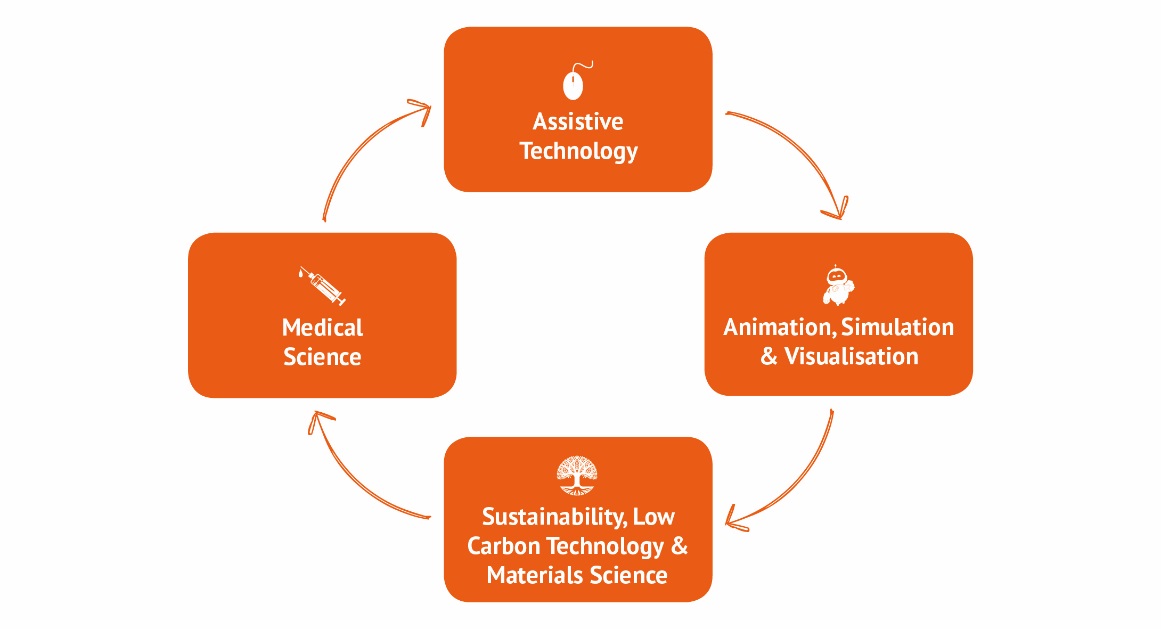
Over the last decade, BU’s research and KE income has increased substantially from below £5 million per year in 2008-09 to £9.4 million in 2018-19, demonstrating an evolution from smaller grants to longer and larger research projects. This is changing BU’s approach to KE; particularly public engagement with research (PER). Historically BU’s engagement activity has focused on sharing research findings, but a new PER strategy is developing a culture of engagement throughout the research lifecycle.
The local economy
Around 800,000 people live in the Dorset region, with the county delivering £17 billion GVA to the national economy. BU contributed to the development of Dorset’s Local Industrial Strategy, playing a connecting role in its delivery: joining up partners, projects and people; graduate retention in Dorset; aligning courses with local demand; and building relationships, communities and ecosystems.
There are over 15,000 digital technology jobs in the region, with the industry as a whole contributing £352 million GVA to the local economy2. The Dorset Local Enterprise Partnership (LEP) recognises investment in skills and infrastructure is needed to continue growth in this area3. From training Oscar winning graduates to using creativity in industry and building cutting-edge facilities BU uses its expertise to enable cultural and creative industries to thrive.
Dorset faces some unique challenges as it has the nation’s highest proportion of older people, with over 28% of the population aged over 65 compared to a national average of 18%4 This creates an opportunity for BU to work with organisations in the region and beyond to develop new approaches in health and social care that help people to live better, for longer. Numbers of people over the age of 65 in the UK are expected to increase, meaning that successful initiatives to support health ageing in Dorset could be rolled out across the country.
The local area also supports a varied manufacturing and engineering sector, with expertise in aerospace, defence, marine and robotics5 . BAE Systems, Cobham, Siemens and Sunseeker are just a few of the global companies based in Dorset. As a whole, the sector accounts for over 2,000 companies in the region.
Digital and creative, health and advanced manufacturing have been recognised by the University as areas that both reflect the region’s needs and BU’s expertise. As such, they have helped to shape BU’s knowledge exchange strategy over the last three years.
Fletcher, J & Morakabati, Y (2013) Bournemouth University Economic Impact Study, Bournemouth University, p3 https://www.bournemouth.ac.uk/sites/default/files/asset/document/bu-economic-impact-report.pdf↩︎
Tech City (2017), TechNation 2017, p53 https://35z8e83m1ih83drye280o9d1-wpengine.netdna-ssl.com/wp-content/uploads/2018/04/Tech_City_2017_report_full_web.pdf↩︎
Dorset Local Enterprise Partnership (2018), Dorset Horizon 2038: A vision for growth, p22 https://dorsetlep.s3.amazonaws.com/Horizon%202038%20final/Dorset_Horizon2038_Nov2018_FINAL.pdf↩︎
Dorset Local Enterprise Partnership (2018), Dorset Horizon 2038: A vision for growth, p26 https://dorsetlep.s3.amazonaws.com/Horizon%202038%20final/Dorset_Horizon2038_Nov2018_FINAL.pdf↩︎
Dorset Local Enterprise Partnership (2018), Dorset Horizon 2038: A vision for growth, p29 https://dorsetlep.s3.amazonaws.com/Horizon%202038%20final/Dorset_Horizon2038_Nov2018_FINAL.pdf↩︎
For further information, please send queries to jnortham@bournemouth.ac.uk
Local Growth and Regeneration
Summary of approach
Bournemouth University’s (BU) purpose is to inspire learning, advance knowledge and enrich society. It does this through bringing together research, education and practice in order to create something that is greater than the sum of its parts, with each element informing and improving the others. By applying this approach to knowledge exchange activities, BU staff, students and graduates work with partners in the region and beyond to use their expertise to make a difference. The knowledge they gain through this process goes on to inform the University’s teaching and future research programmes.
Aspect 1: Strategy
As the only large university in the region, Bournemouth University (BU) aspires to use its knowledge to benefit Dorset and the surrounding area, using the insights gained to inform its research and teaching. This is seen in our Higher Education Innovation Funding strategy, our new institutional strategy BU2025, and BU has worked with the Dorset Local Enterprise Partnership (LEP) to contribute to the development and delivery of Dorset’s Local Industrial Strategy. We have produced a series of business intelligence reports, local sector briefings and local economic briefings as part of our regional engagement strategy. While BU makes a strong local contribution, many of its activities have a national or international impact.
BU’s knowledge exchange (KE) activities have focused on three areas, which meet the region’s needs and reflect our expertise. These areas were decided upon through discussions with local stakeholders and their relevance to the area is outlined in the institutional context statement with additional details below.
Digital and creative
BU is helping creative and cultural industries to thrive in Bournemouth and beyond through training future graduates and ensuring that the region’s digital and creative industry benefits from the University’s knowledge and research expertise. Insights gained from working with the sector inform BU’s research and professional practice. Our #Digitechfutures campaign provides examples of our teaching, research and practice in these subjects. Many graduates from BU’s digital and creative courses have remained in the area, working for businesses such as LoveLove Films, Insightful UX and This Is Crowd.
Health & wellbeing
As outlined in the institutional context statement, Dorset faces some unique challenges in relation to health and a rapidly ageing population, which will soon be seen on a national scale. This will present a range of challenges to the economy and society, which Dorset is in a unique position to tackle on a regional level before they are faced nationally. The reorganisation of local health and care services into Dorset’s new integrated care system and the establishment of a new University Hospitals Dorset Foundation Trust is helping to create opportunities for the healthcare sector and BU to collaborate and find ways of helping people to live better, for longer in Dorset and subsequently the UK.
Advanced manufacturing
The local area supports a varied manufacturing and engineering sector, employing 25,000 people and contributing £1.4 billion to Dorset’s economy, according to the Dorset LEP BU has worked with a range of local, national and global firms in order to support the development of advanced manufacturing, including Future Energy Solutions and RNLI.
In 2018 BU launched BU2025, a new 7-year strategic plan which identified a number of outcomes linked to KE. As part of BU2025, we have identified four areas of strategic investment which will provide opportunities to innovate and develop strong partnerships locally and nationally.
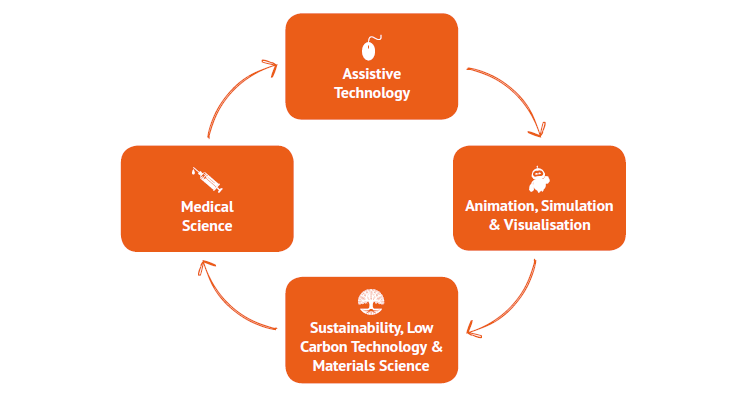
These were decided through an analysis of BU’s core strengths, government priorities, funding opportunities, market research and opportunities for the development of regional partnerships. An External Advisory Board (EAB) oversees each investment area, which ensures that projects and initiatives are co-created with partners and beneficiaries of BU’s research.
Aspect 2: Activity
Digital and creative
BU’s researchers work with a range of regional, national and international partners to influence policy, create economic benefits (NCUB (2019), State of the relationship report 2019, p28) and influence journalism practices, among others. As an example, Dr Ann Luce has conducted research which has exposed the issue of unethical reporting of suicides which can lead to an increase in suicide rates. As a result of this research, she has developed a new responsible and ethical model and accompanying online toolkit for journalists that has influenced suicide reporting locally, nationally and globally.
At an institutional level, BU’s National Centre for Computer Animation leads the BFX Festival which brings global expertise to Dorset for the benefit of students, members of the public and industry professionals. BU has invested c. £58,000 of HEIF funding in BFX since 2016.
BU also trains highly skilled graduates through the Centre for Digital Entertainment Doctoral Training centre which is funded by the Engineering and Physical Sciences Research Council (EPSRC) and is jointly hosted with the University of Bath. BU has received an investment of over £2 million from the EPSRC to support the CDE’s establishment and development. Over 100 students have studied at the CDE and have worked in placements locally and in all four nations of the UK.
Health, social care and medical science
BU’s health, social care and medical science activities are led by a number of research centres and institutes that are cross-institutional and work with partners from all over the Wessex region:
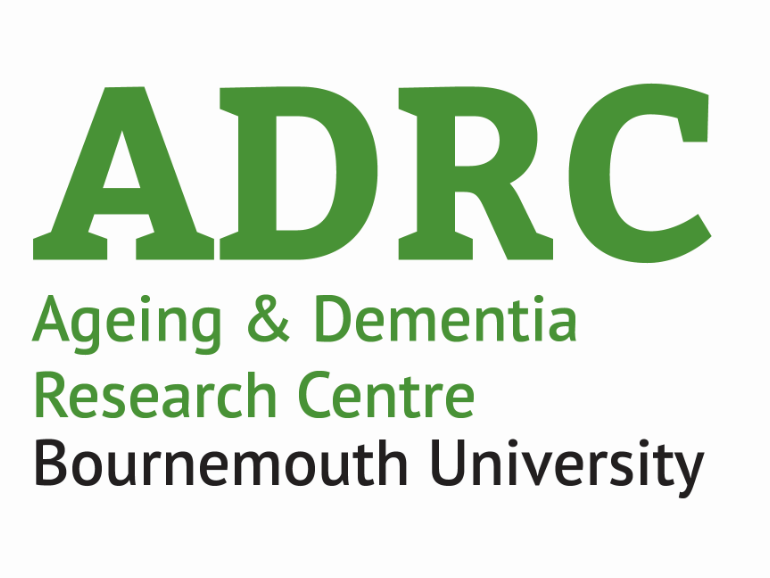
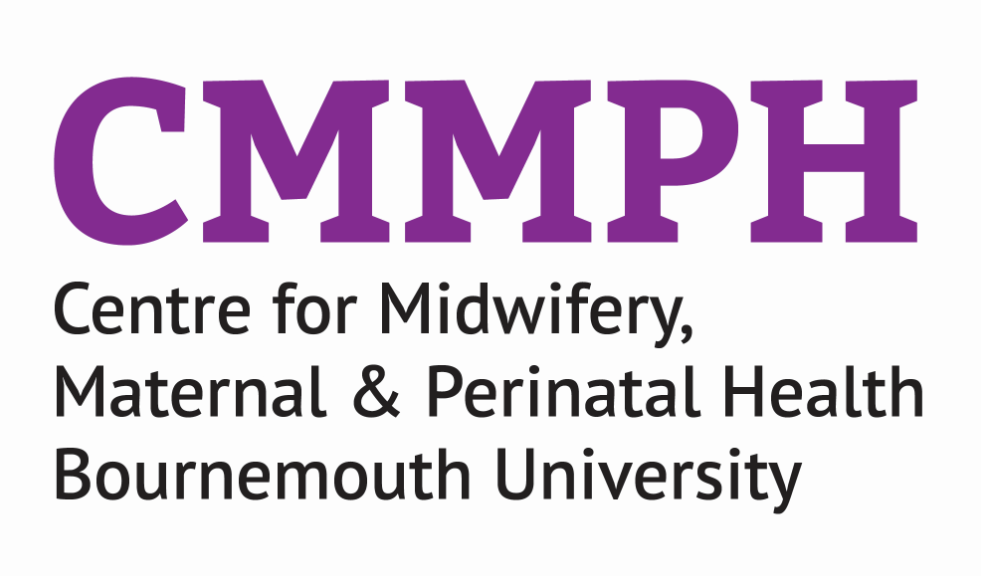
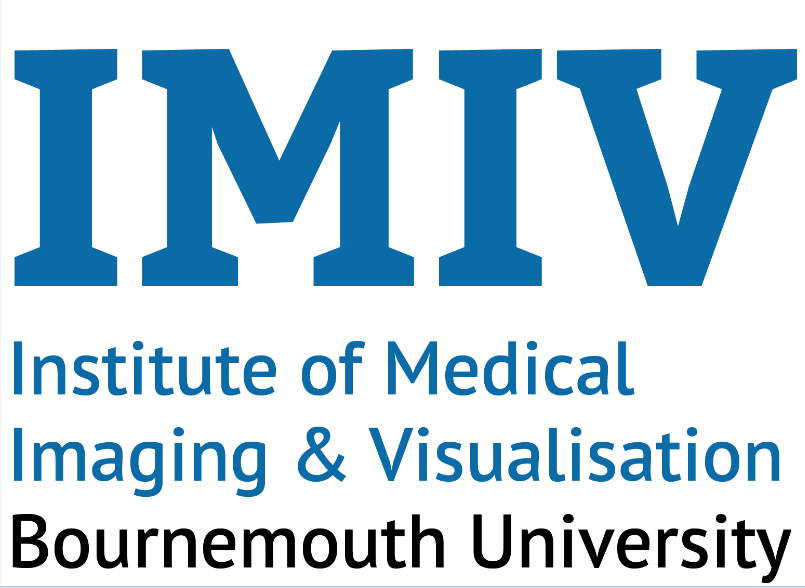
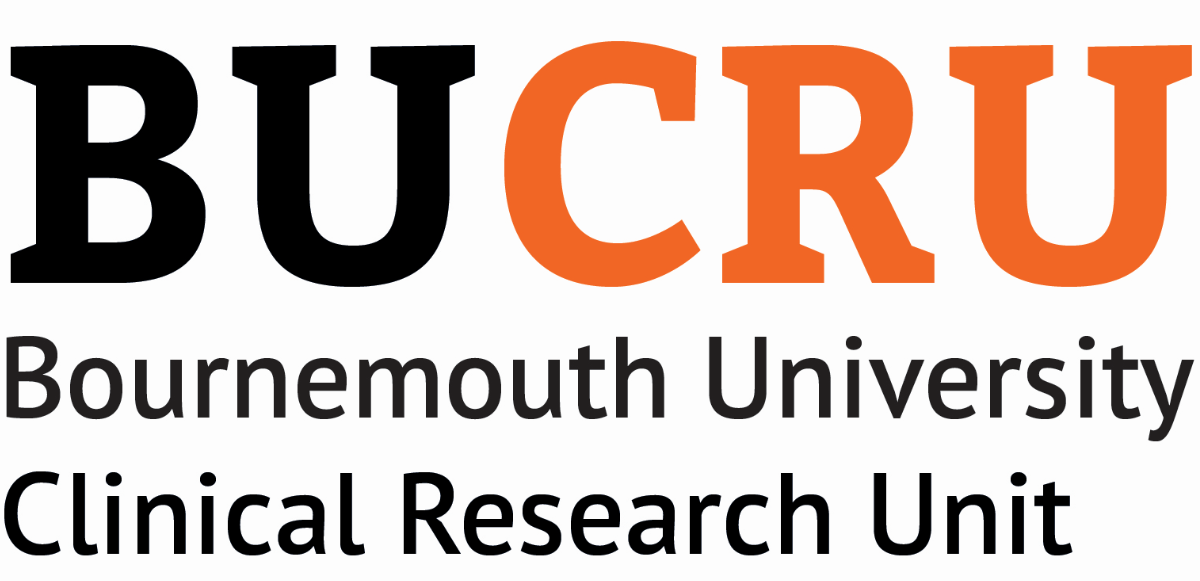
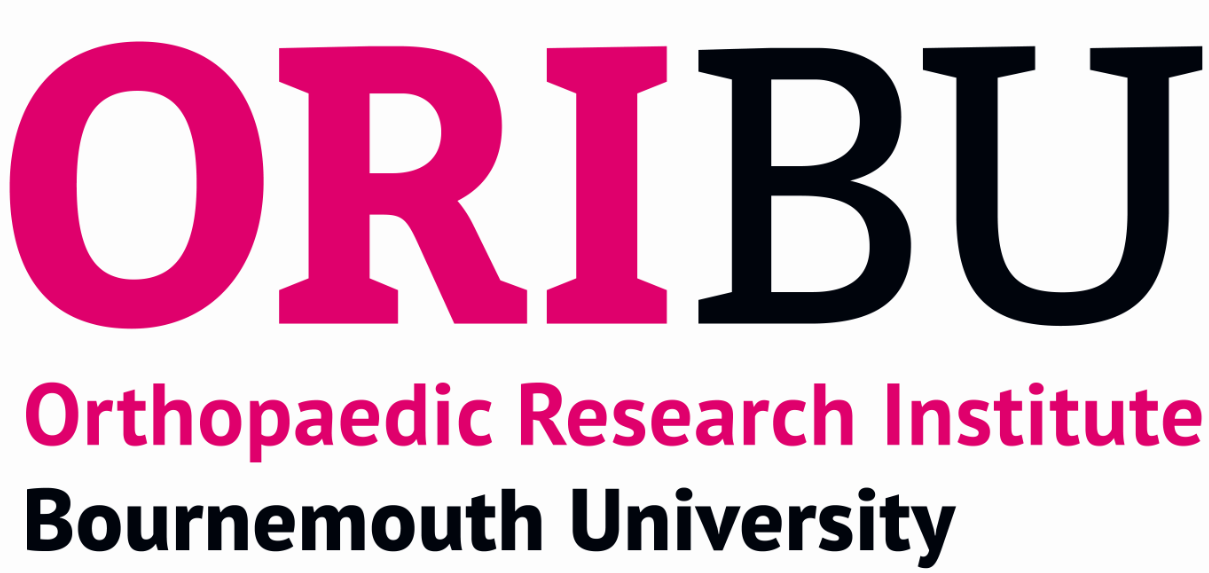
Developing research and knowledge exchange activities to help people live better, for longer is a key priority for BU. BU has made significant investments to ensure that our work makes a difference locally, nationally and internationally.
The newly established Institute of Medical Imaging and Visualisation (IMIV) is designed to be a hub for medical imaging technology programmes and translational research development in partnership with education, clinical practice and commercial industries. The Institute will address the skills gap in higher level technical provision, supporting the development of specialist skills within the region which will support the innovation aspirations of the Dorset Clinical Commissioning Group.
A joint investment of over £1 million from BU and £1.4 million from the Dorset LEP has enabled IMIV to invest in key equipment to support training and research, such as an MRI scanner and ultrasound imaging system. The investment will benefit the local community and matches the aims of the Dorset LEP’s Strategic Economic Plan, which features improvements to health and social care as a key theme. The equipment was due to be made available for use by local hospitals in summer 2020, but has been delayed to the disruption caused by Covid-19.
Established research entities, such as The Ageing and Dementia Research Centre and Orthopaedic Research Institute bring together cross-Faculty expertise to tackle some of the issues presented by a population living longer, often with long-term health conditions. Since 2016, the Dorset LEP has invested over £1 million in ORI, enabling them to purchase state-of-the-art equipment. By working in collaboration with local hospitals, care providers, industry partners and academia our researchers have been able to produce high quality research outputs which have led to impacts for patients, clinicians and society.
In addition to developing collaborations with local partners through research, BU delivers a number of continuing professional development courses to health organisations in the region. Since 2016, BU has provided over 21,000 days’ worth of CPD activity to healthcare organisations such as the Dorset HealthCare University NHS Foundation Trust, Dorset Clinical Commissioning Group and Health Education England – Wessex.
Advanced manufacturing
BU has continued its track record in this area by using its expertise to develop collaborations with local organisations, which have helped to improve processes and create technology to meet future energy needs. Over the last three years’ BU has invested £31,500 from its HEIF budget to support specific projects and programmes designed to further advanced manufacturing and develop the knowledge of our researchers.
To support this aim, BU piloted a HEIF-funded Researcher Industrial Secondment scheme in 2018, which offered researchers the opportunity to collaborate with industrial partners, working directly on an industry led R&D project.
Aspect 3: Results
Institutional initiatives
As a result of reviewing its approach to external engagement, BU has established an External Engagement Management Group (EEMG), which will implement a top level strategy. In addition to developing a new strategy, we have established new internal funding panels which provide oversight and leadership of research & KE investments. This includes a new HEIF funding panel, which is chaired by two senior academics and is made up of academics and professional service staff with experience in KE. As well as facilitating internal funding calls and monitoring outcomes, the panel holds regular internal events to share KE best practice.
Institutional level activities including the BFX Festival, for example, are evaluated annually through surveys of participants, which inform an understanding of the initiative’s impact and design of the following year’s activity. By supporting industry experts (including BU alumni) to share their knowledge and expertise, the team have helped to inspire the next generation of animators, game designers and visual effects specialists. BFX includes a dedicated recruitment day and a competition run with Kingston Smith, giving students the opportunity to be mentored by industry professionals (including those from local companies such as Outpost VFX) while they develop short films for small and large charities.
BFX attracts visitors from all over the world, including Germany, Italy, Spain, America and Japan. Data shows that local visitors, from Dorset and the surrounding area, have also been steadily increasing.
| Year | Proportion of tickets bought locally1 |
|---|---|
| 2017 | 59% |
| 2018 | 66% |
| 2019 | 71% |
Knowledge exchange arising from research projects
BU has a centrally based Knowledge Exchange and Impact Team which supports academics to plan, deliver and record the impact of their KE activities. They provide support throughout the research lifecycle, including the dissemination of findings through public engagement with research, research communications and engagement with industry. The examples below provide a snapshot of projects in each of our KE strategy areas.
Creative and digital
An AHRC funded collaboration between Bournemouth University, Loughborough University, the University of Bath and Western University (Canada) has challenged marginalisation, misinformation and under-representation through exploring the impact that para-sport media coverage can have on perceptions of people with disabilities. This was the first project to examine the increasing visibility of disability in the media, notably in the UK through Channel 4’s appointment as the official Paralympic broadcaster.
Findings suggest that coverage of Para-sports can help normalise disability and has led to progressive social change. However, more work needs to be undertaken by broadcasters, policy makers and sports governing institutions to ensure that a wider range of disabilities are included. The team disseminated their findings through a film documentary, ‘Parallel Lines’, the Bodyparts art exhibition and through working with organisations such as Channel 4 and the British Paralympic Association to bring about change.
Health, social care and medical science
Research led by ADRC developed through co-production with Dorset care homes identified that around half of care home residents were not eating or drinking enough to meet their daily energy needs and were inactive for much of the day. The team worked with local care homes to create a best practice toolkit which brought together strategies to help people with dementia to eat and drink well. To date, this toolkit has reached over 1,200 recipients, including care homes in Dorset through working with the Dorset Clinical Commissioning Group.
A particular area of expertise for ORI is osteoarthritis, which is a condition that local clinicians are often faced with as result of the higher numbers of older people in the region. By working with local partners, including The Royal Bournemouth and Christchurch Hospitals NHS Foundation Trust, Dorset Clinical Commissioning Group, and Active Dorset the team developed a programme of education and exercise which was designed to support self-management of osteoarthritis. Five years’ on from the original programme, 57% of participants were still using self-management strategies to manage their pain rather than pursuing more costly surgical interventions.
Advanced manufacturing
Funding from HEIF enabled Dr Philip Sewell to undertake a project with the Royal National Lifeboat Institute (RNLI) which demonstrated the advantages of additive manufacturing. By working with the RNLI, BU is helping to prepare and protect people from disaster.
The RNLI maintains a fleet of over 450 lifeboats and stores a high level of stock just in case, which can be costly. The team identified how the RNLI could achieve consolidated part reductions, reduce lead times, material waste and travel times, bringing business and environmental advantages to the organisation. The results of the project were communicated to and via the RNLI and have led to opportunities for further projects with other organisations.
For further information, please send queries to jnortham@bournemouth.ac.uk
From locations including Bournemouth, Poole, Christchurch, Salisbury and Southampton.↩︎
Public & Community Engagement
Summary of approach
Bournemouth University’s (BU) approach to Public and Community Engagement (P&CE) is driven by our strategic plan: BU2025 and our institutional purpose to inspire learning, advance knowledge and enrich society.
Engagement with the public takes place across the institution with BU staff, students and graduates working together with regional, national and international partners across many sectors including creative and digital, health and medical science, and advanced manufacturing to further education, research and practice.
Under BU2025, we are developing an institution-wide plan for P&CE to develop our culture as an engaged University.
Aspect 1: Strategy
Strategy
Bournemouth University’s (BU) Public and Community Engagement (P&CE) activities are underpinned by our institutional strategy: BU2025. As part of its transition to a different strategic phase, the University is developing a new external engagement strategy which identifies six key areas for engagement:
Academic partnerships: developing national and international academic networks to advance our knowledge, build our global outlook and foster impact,
Corporate engagement: developing strategic relationships with businesses, public and third sector organisations,
Corporate sponsorship: linked to specific projects, such as festivals or conferences, to extend the reach of our activities,
Student engagement: providing our students and alumni with opportunities to participate in knowledge exchange and professional practice activities through placements, opportunities for student projects and practice-based coursework,
Commercialisation and IP: developing our capacity in this area enables us to meet industry needs,
Public, community and cultural engagement: our public engagement with research (PER) activity has moved from institution-wide initiatives to targeted activity, supporting projects arising from and embedded in research, increasing impact and the quality of engagements.
Progress towards BU2025 is monitored by the University Leadership Team (ULT), while external engagement is overseen by the External Engagement Management Group (EEMG).
Support & resources
P&CE is supported by expert teams in professional services and academic faculties, with local strategies aligned to BU2025 and our developing external engagement plan. Examples of these teams include our Public Involvement in Education and Research (PIER) partnership and our PER team.
The PIER partnership consists of members who are experts by experience in health and social care and are involved in education, professional practice and research. PIER’s Service User and Carer Strategy 2015-20 and its subsequent five-year strategy have been developed with members and are aligned to BU2025. By working closely with care users and carers, BU aims to help people to live better, for longer.
BU is committed to PER and has signed the Concordat for Engaging the Public with Research and NCCPE Manifesto. Our action plan for PER sets out objectives, activities, outcomes and KPIs which build on best practice and develops new initiatives to embed engaged research. Since 2012, BU has partnered with the ESRC Festival of Social Science, receiving funding for festival delivery. BU has successfully bid for grants from the British Science Association’s Science in the City project (2016, 2017) and Siemens UK’s Curiosity Project (2017).
P&CE is funded from BU’s core budget, subsidised by QR and HEIF allocations. Circa 20% of our annual HEIF budget is invested in P&CE, reflecting its importance in our HEIF-6 strategy.
Access to facilities
Members of the public can access many of BU’s facilities and services. Sporting activities and programmes are offered to the local community in order to inspire the development of lifelong physical activity habits or cultural interests via University Music, an extensive outreach programme, campus art galleries and sports facilities. In July 2019, BU purchased Chapel Gate, a 65 acre sports site managed by BU Community Business to further develop community links through sport. Chapel Gate regularly hosts local sports clubs and schools, as well as hosting the world’s largest sport and music festival, Bournemouth 7s.
Our Art at BU spaces are open to the public, featuring exhibits from local artists and University staff and students. BU offers events and conferencing facilities for hire, with discounts for the third sector.
Accessing services
BU has a section of its website dedicated to sharing opportunities for collaboration between BU, business, community groups, schools and corporate partners.
Aspect 2: Support
Networks and grants
University-wide networks foster best practice and collaboration, including an internal PER network which meets regularly and has 150+ members, while BU’s PIER partnership connects BU staff and students with 200+ organisations and members.
BU’s central Research, Development and Support (RDS) team facilitate competitive internal funding calls which further our research, external engagement and impact. Funding for PER is available, with support for delivery provided by RDS’s Knowledge Exchange & Impact Team.
Training and capacity building
BU runs a variety of P&CE training programmes to build capacity among staff, students and partners. BU’s PIER team design and deliver 10 sessions per year, supporting members with engagement skills and project-focused skills. Since 2019, BU has combined in-house expertise with NCCPE support to deliver targeted PER training for staff and PGR students. RDS runs regular events, including Café Scientifique, to enable trainees to practice their new skills.

Formal involvement in advisory and governance roles
Each of the four investment areas identified in BU2025 are overseen by academic steering groups and informed by External Advisory Boards comprising experts from industry and the not-for-profit sector.
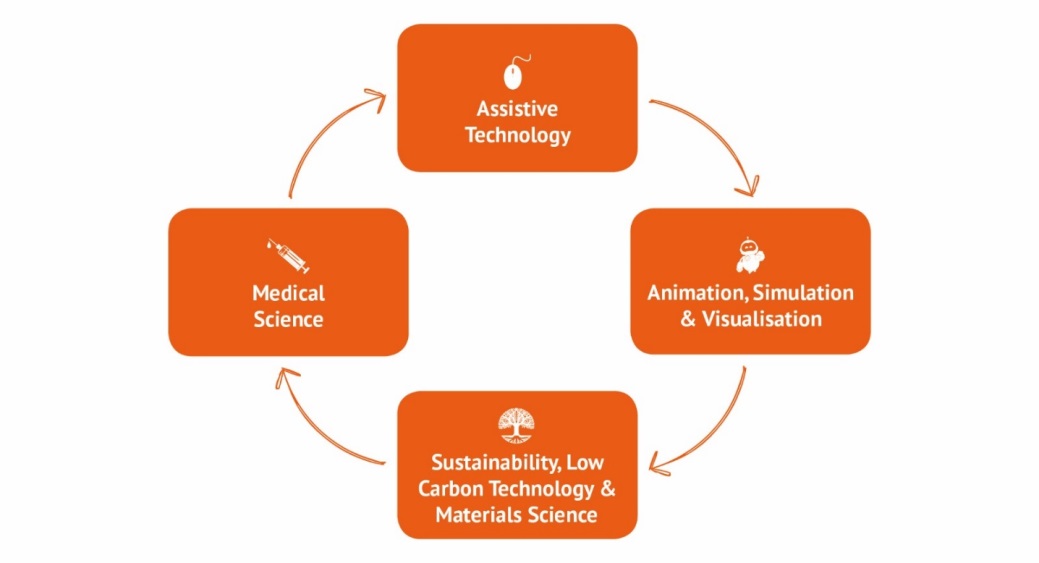
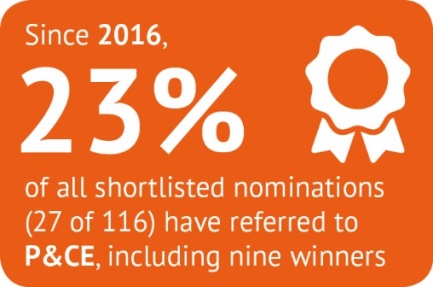
Reward and recognition
BU’s annual Vice-Chancellors staff awards celebrate achievements in eight categories, including ‘advancing knowledge’ and ‘enriching society’. Since 2016, academic pay progression and promotion criterion has included a public engagement section.
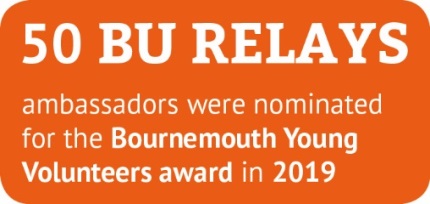
Aspect 3: Activity
Our P&CE activities range from institution-wide initiatives to specific projects. Our HE-BCI data shows around 70-80,000 attendees per year (2016/17 – 2018/19) at public events, with 480-560 hours of staff time dedicated to preparing P&CE activity annually.
The Festival of Learning (FoL) 2017 and 2018 celebrated learning and research at BU, with events on our campuses and at local venues. Festival objectives were informed by focus groups with the public in 2016. FoL was successful in showcasing research strengths, inspiring young people and opening up BU’s campus, knowledge and expertise to over 8,000 members of our local community.
Under BU2025, our activity has moved from institution-wide public engagement initiatives to two-way engagement throughout the research lifecycle. Recent projects have a strong focus on co-creation; with BU researchers working alongside public stakeholders to identify needs and generate knowledge to address these needs.
Jumping in: Transgender and non-binary swimming is one example, which explored LGBT+ experiences of recreational swimming, using drawing as part of the methodology. Subsequent art exhibitions spanned multiple local venues, sharing artwork created during the research process. The CLEAT study is a second example, where members of BU’s PIER partnership informed research design through a Patient Advisory Group which considered the suitability of patient facing documentation, methods of recruitment, analysis of data and dissemination.
Alongside a strong local presence, many of our activities have international impact as demonstrated by the ESRC funded Sexual Spaces project which explored the relationship between mega sporting events and their effects on informal economies. The team collaborated with sex workers to co-produce an art exhibition – What you don’t see – which was displayed in Bournemouth, London, Rio de Janeiro and the Museum of Modern Art in New York. Engagement with marginalised groups throughout the project allowed them to challenge misinformation and under-representation.
Our internal funding has led to meaningful engagement projects, such as the 2019 Dorchester Family Science Festival which was co-created with local stakeholders including a local museum and school. Funding has also supported further engagement activity linked to the AHRC-funded Cultural and Scientific Perceptions of Human-Chicken Interactions following joint follow-on funding with the University of Exeter. The team’s research findings and approaches were developed into educational resources with educators from the UK and Ethiopia. The end product included online and physical resources created to support teaching of UK Key Stages 1-4 pupils, home-school pupils, distance learners and primary school Ethiopian students. In the UK, these resources were downloaded from TES over 3,500 times in 15 months, while 60 teacher packs were distributed in Ethiopia via Link Ethiopia.
We generate impact and build capacity through our contributions to regional and national events. Over 230 events and activities have been contributed to festivals such as Arts by the Sea, Glastonbury, the ESRC Festival of Social Science, Café Scientifique, Pint of Science and a professorial public lecture series.
Aspect 4: Results and learning
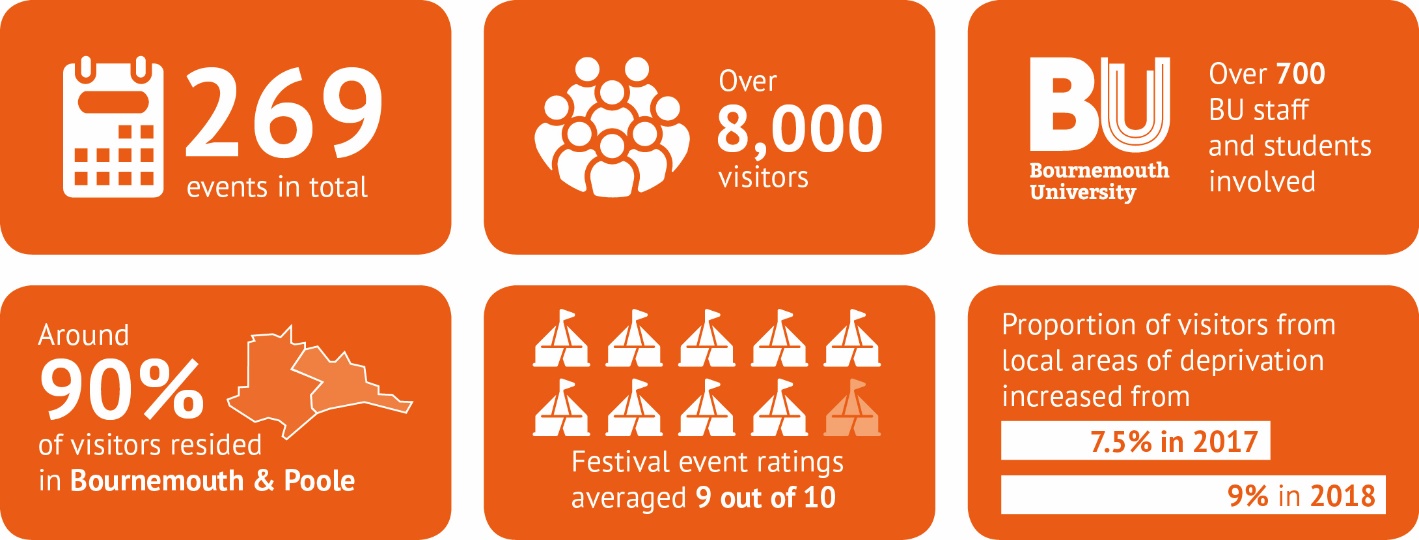
As one of BU’s first PER initiatives, FoL successfully enabled PER and built capacity. These successes have enabled our strategy to evolve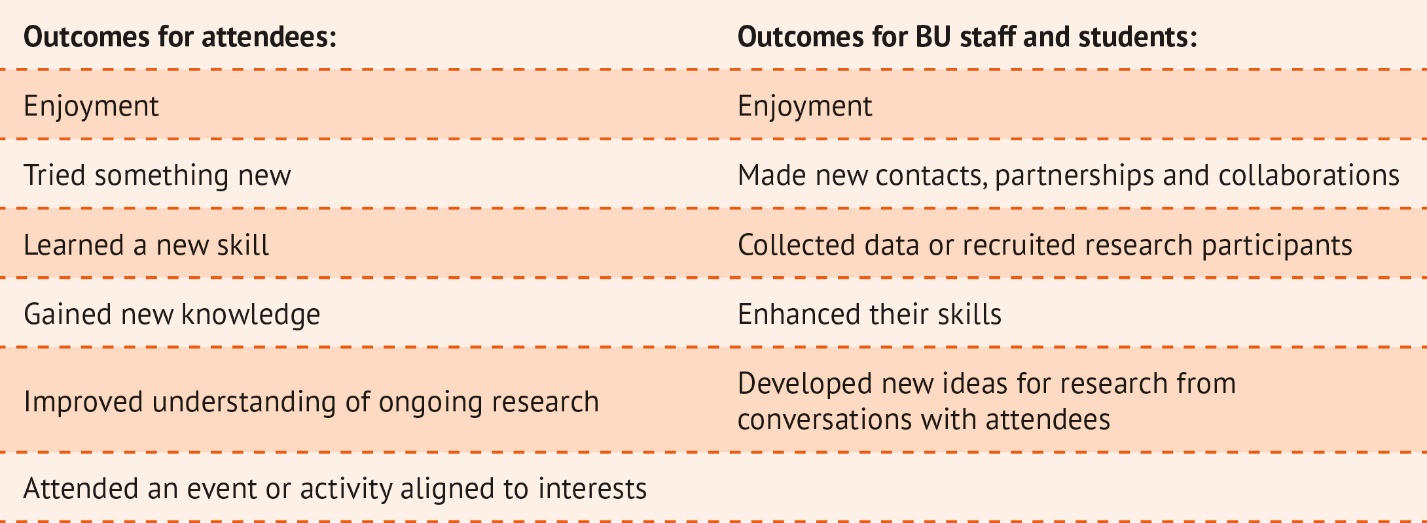
As an example, engaged research exposing unethical reporting of suicides resulted in the development of a new reporting model for journalists that has influenced suicide reporting locally, nationally and globally. This approach was shared with people affected by suicide, local councillors and journalists at Bournemouth’s Arts by the Sea festival and the national ESRC Festival of Social Science.
Our internal funding streams have supported projects designed to evaluate P&CE activity. Funding was used to further explore the impact of Human Henge. This collaborative project featured programmes of participant-led activities to explore how archaeological sites could be used to help people with their mental health and well-being. Further funding supported interviews with stakeholders such as English Heritage, which identified the significance of the project.
The PIER partnership enables BU’s students to benefit from the expertise of people with lived experience of health and care services, as per our strategic objectives. Between 2016-2019, members contributed 3,500 hours to teaching and learning activities, receiving feedback from over 5,400 students. Feedback from both students and PIER members about the benefits of this approach can be found in PIER’s annual reports.
Aspect 5: Acting on results
BU2025 KPIs include societal impact measures, such as attendance at public events. Key P&CE initiatives regularly report to ULT which monitors BU2025 progress.
P&CE activity and impacts are shared through internal and external communication channels including our website, staff intranet, student emails, research blog and publications such as Inside BU and the Bournemouth Research Chronicle.
Many research-embedded engagement projects share outcomes with their partners as a part of the research process. As an example, BU research about the importance of leisure activities for refugees and forced migrants created music, art and dance sessions as part of the initial project which have continued with support from the researchers.
We publish an annual PIER Partnership report, available on our website.
BU used the NCCPE's EDGE tool in 2016 to self-assess our PER culture, providing insights which, combined with information from Vitae’s Careers in Research Online Survey and Principal Investigators and Research Leaders Survey, have informed improvements in BU’s PER support. In 2017, BU applied for funding via RCUK’s Strategic Support to Expedite Embedding Public Engagement with Research. While unsuccessful, the application process enabled discussions about our approach at a senior level. Consultancy from NCCPE in 2018 was used to inform our current approach to PER.
An institutional External Engagement Strategy, including P&CE, is being developed by the EEMG. The strategy is informed by local business, community and a cross-institution Knowledge Exchange Working Group. A set of principles for external engagement ensures all relationships and activities are aligned to BU2025.
BU is committed to making a significant sustainable and socially responsible contribution to our local community and recognises that this can only be achieved by enabling others to play a strategic role in strengthening our capacity, ensuring a resilient and vibrant future.
For further information, please send queries to jnortham@bournemouth.ac.uk